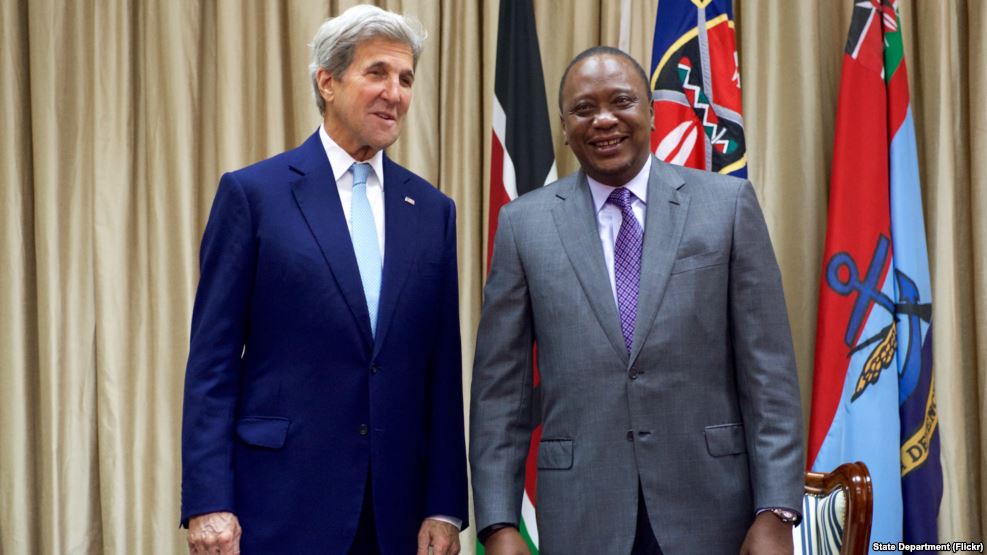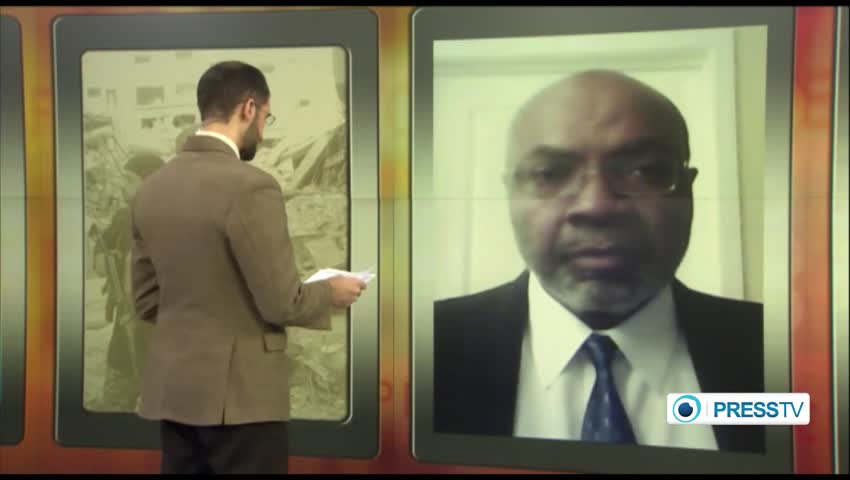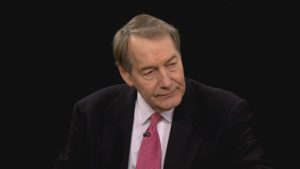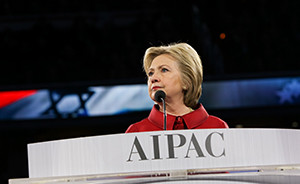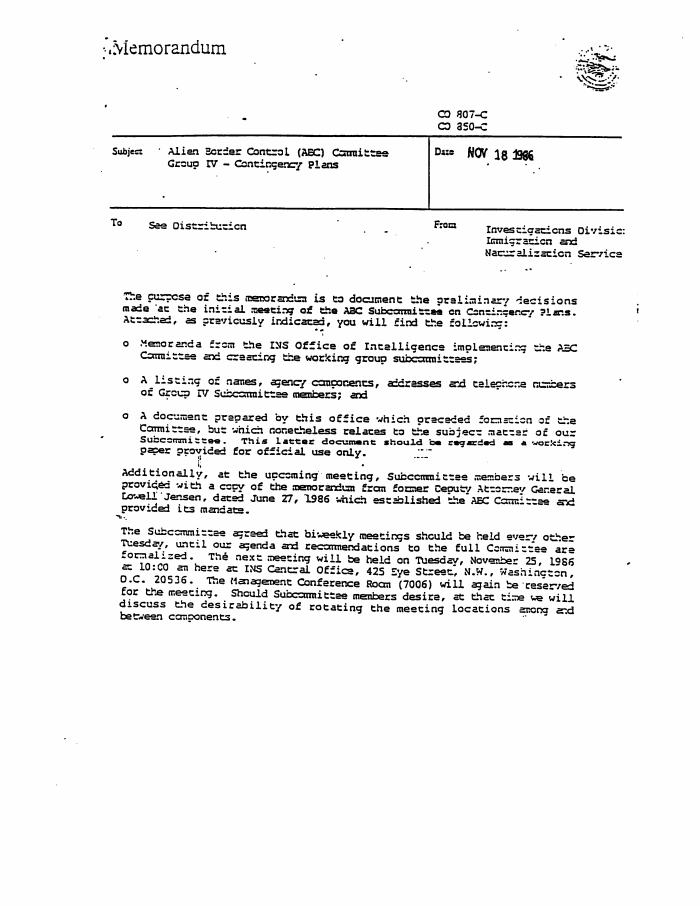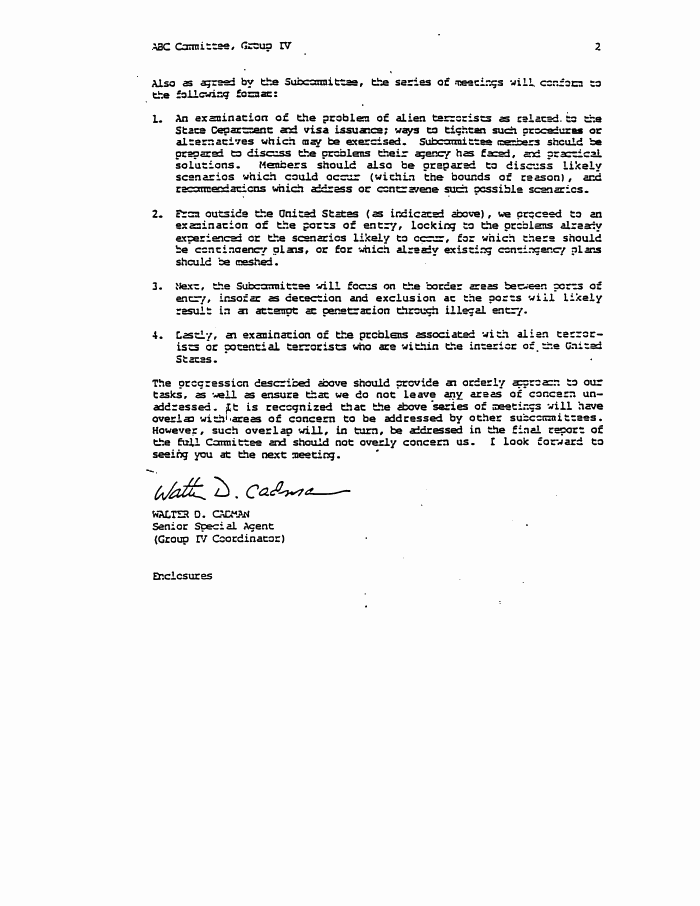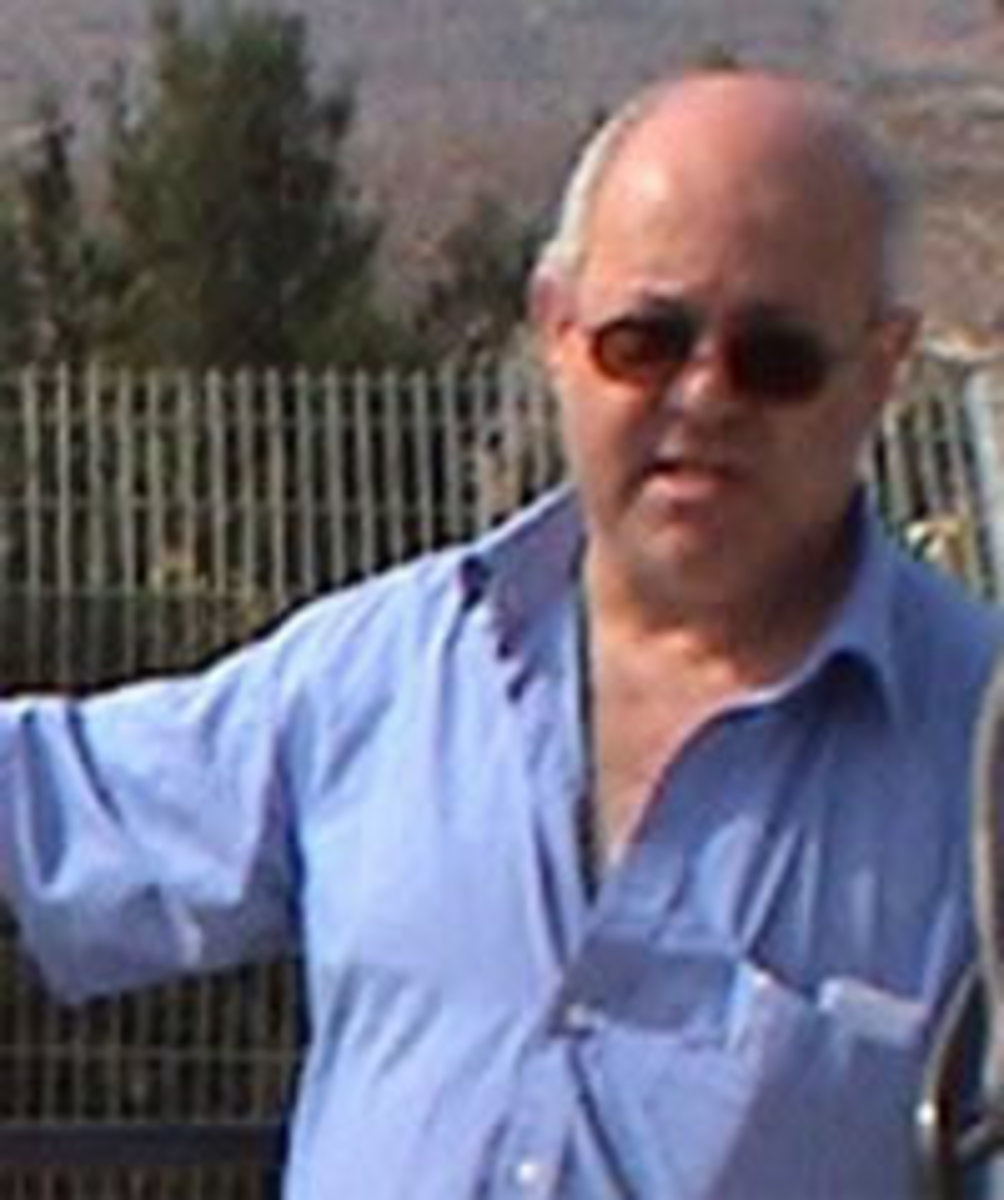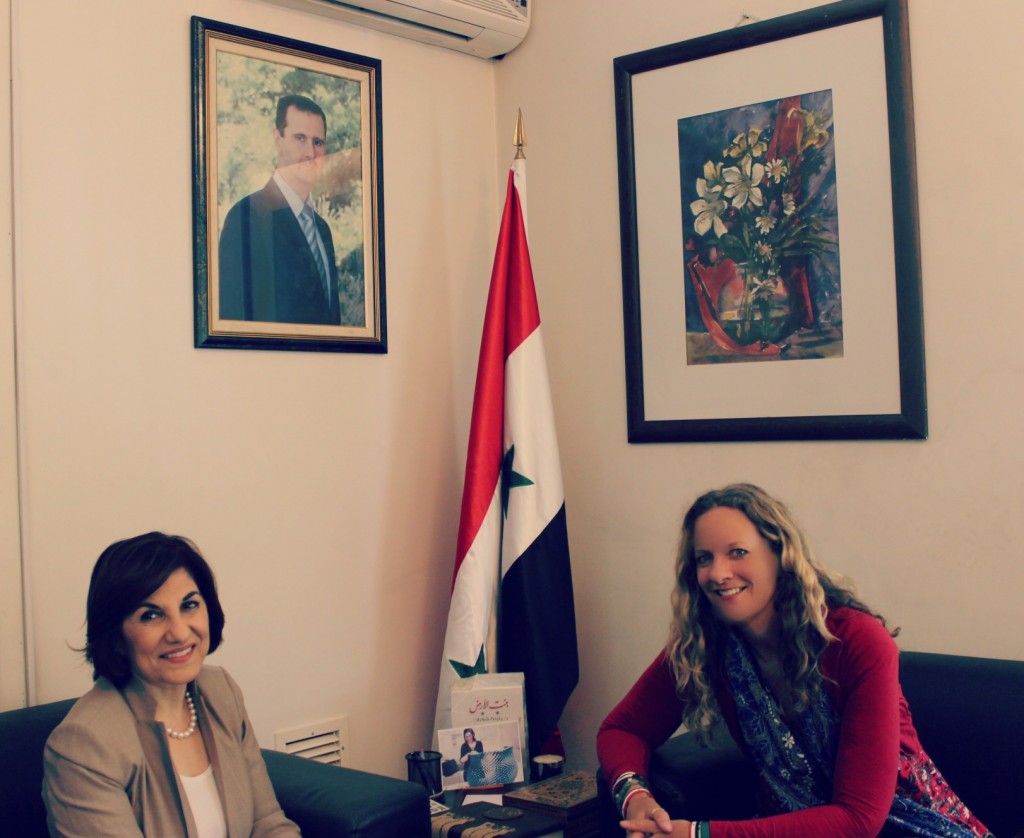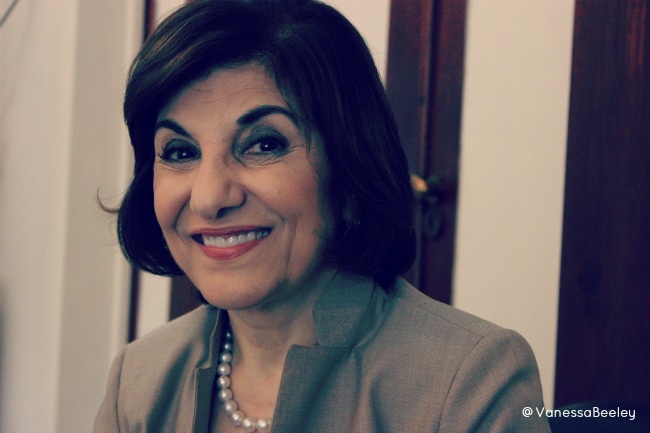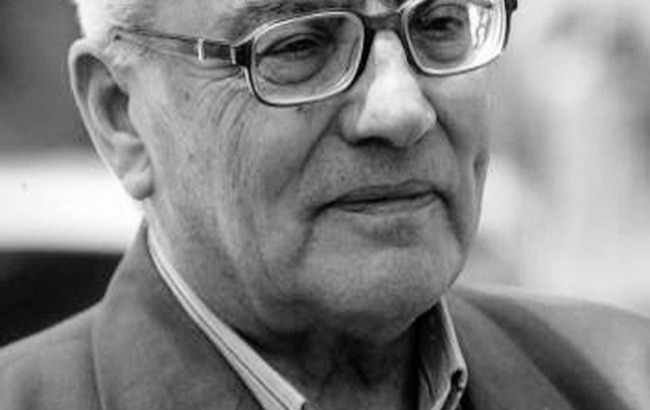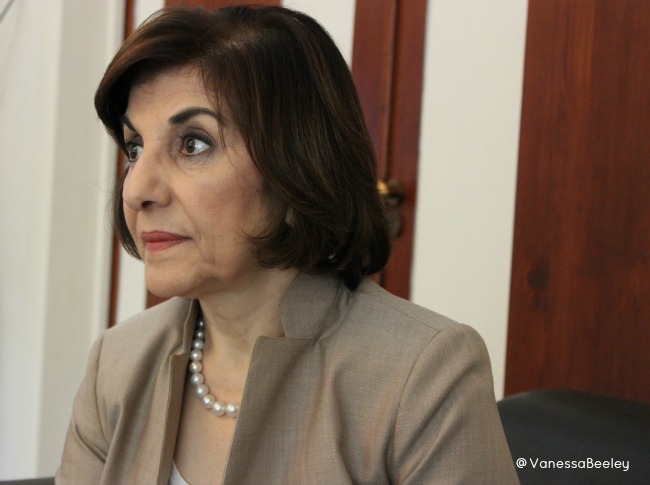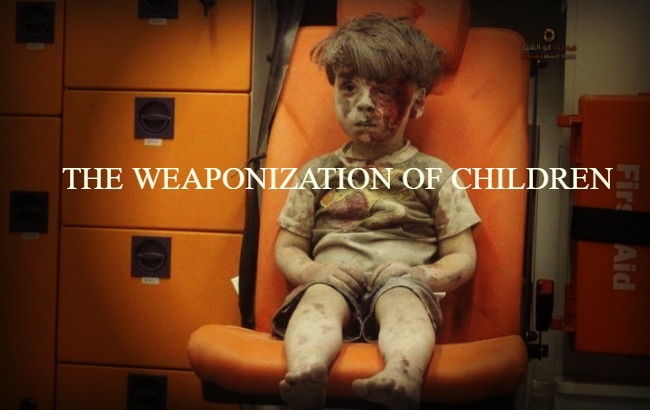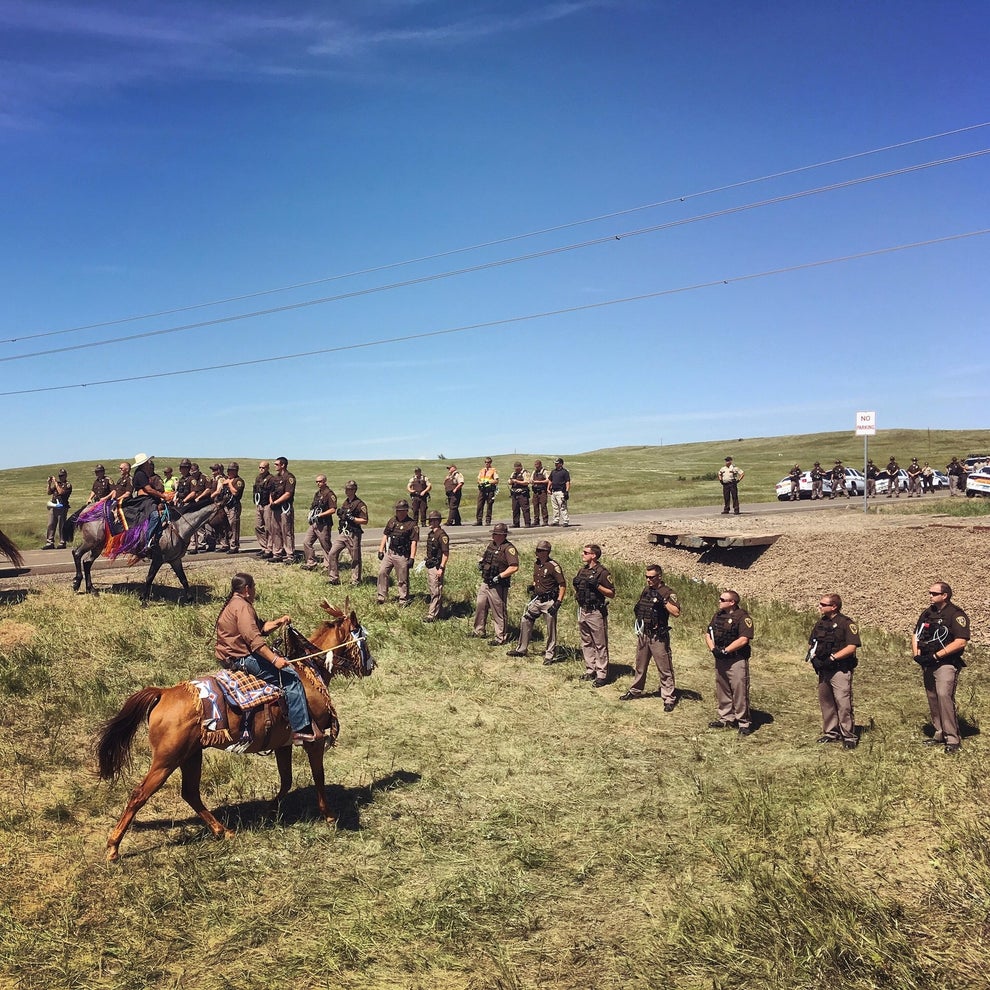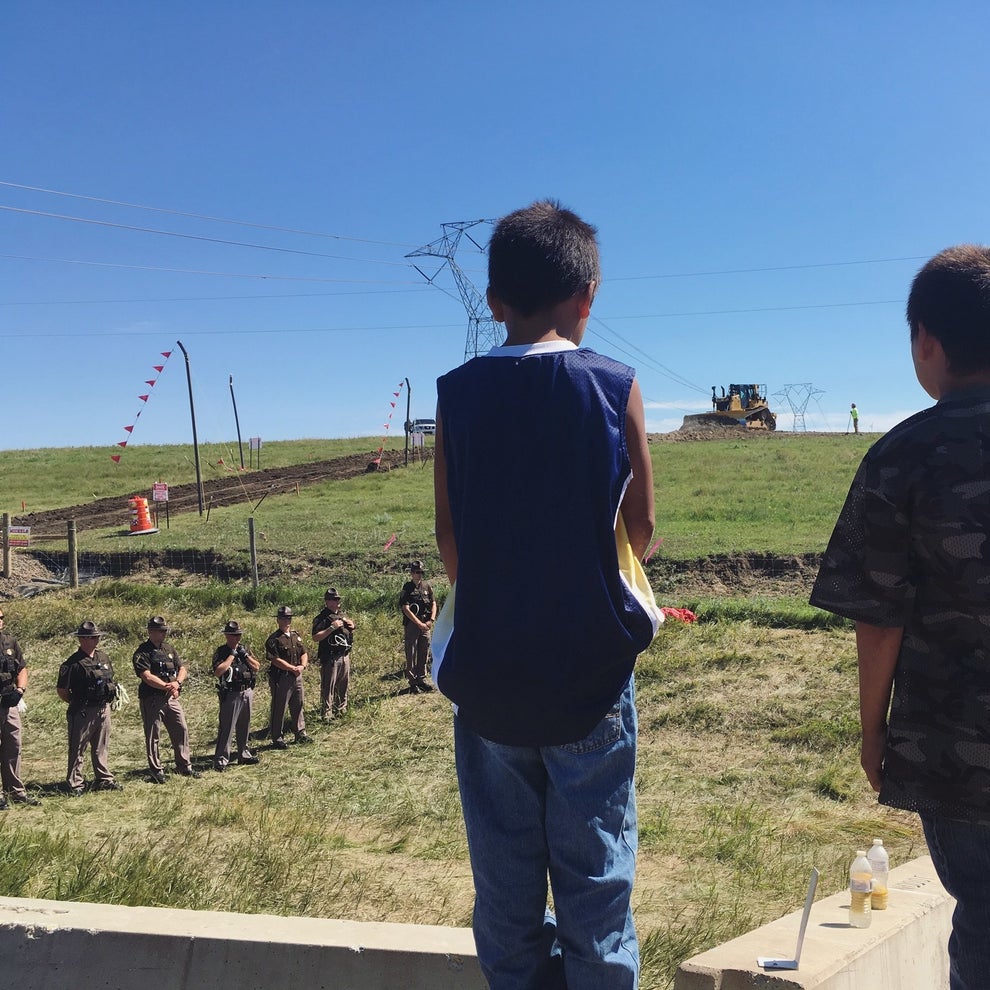Brewing Collapse of the Western Monetary System? German Government Warns of an Upcoming Catastrophe, Tags Russia as an “Enemy Nation”
August 23rd, 2016 by Peter Koenig
Germany has just warned its citizens of an upcoming catastrophe and urged them to stockpile food, water and money for at least 10 days, to be autonomous and independent until the government has caught up putting the necessary public safety systems in place – in case of a ‘catastrophe’. There was no mention on the type of disaster awaiting them. A war, an economic and or monetary collapse, or both? – The warning was later downplayed as part of a ‘routine exercise’ in Germany’s new defense strategy.
On a related note, against many Members of Parliament and several ministers, the German Bundeswehr (army) has declared Russia as an enemy nation. This is akin to a declaration of war. The head of the Foreign Affairs Committee of the Russian State Duma, Alexei Puschkow, has posted the Twitter message:
‘The decision of the German government declaring Russia to be an enemy shows Merkel’s subservience to the Obama administration.’
The idea of the German warning is to scare people. People who are afraid can be easily manipulated. While buying supermarkets’ shelves empty, they will ask for more police and military protection. That’s precisely what Washington and the EU want – a militarization of Europe. Germany, being Obama’s chief vassal, is the mouthpiece for the rest of Europe. At the same time, this scare tactic is an indirect warning of a threat of aggression from Russia. The past weeks of western lie-propaganda have shown Russia’s protection of Crimea with heavy maneuvers in the Black Sea, depicting them as a preparation of war towards the west. Never mind that Ukraine’s self-styled lord Poroshenko has threatened to take Crimea back, amassing troops and tanks at the border of this historic and strategic Russian peninsula.
Of course, things do not look good for the US-NATO led West with its EU stooges. Turkey’s President Erdogan has turned away from the notorious west to Mr. Putin and may be abandoning his alliance with Washington, Brussels – and NATO. Russia has asked Ankara to use its Incirlik airbase in the south, close to the Syrian border, currently mainly occupied by NATO, storing some 50 US nuclear warheads and uncountable US fighter jets and helicopters, plus housing at least 5,000 US-NATO troops. Turkey’s Prime Minister, Binali Yildirim, said last Saturday, that Russia could use the base, but denied that any such request has been made by Russia. In fact, according to EurActiv.com, “the Pentagon has initiated the transfer of 20 B61-type aviation bombs with nuclear warheads from the Turkish Incirlik air base to the Deveselu base in Romania currently hosting the US missile shield.” Although the Romanian Foreign Ministry has denied this news, it is nonetheless largely credible, says Valentin Vasilescu of Russia’s katehon.com.
Incidentally, Incirlik is the base from which the two Turkish fighters took off to shoot down the Russian fighter jet Su24 patrolling the Turkish-Syrian border last November. The two pilots, one of whom was the killer, were either CIA agents, or were acting on CIA orders. It is known that Incirlik is infested with dozens of CIA agents.
President Erdogan’s new alliance with Russia, his recently re-established relation with his old friend Bashar al-Assad, Turkey’s supposed closing of her borders to the Islamic State (IS-ISIS-Daesh) at the request of Russia, plus Iran putting her Hamadan base at Russia’s disposal, making Russia, Iran, Syria, Hezbollah and (perhaps) Turkey the new axis of stability and maybe peace in the Middle East, is not boding well for the West. It is more than a loss of prestige. The area contains an enormous wealth of hydrocarbons and other natural resources – and the new axis threatens to block the Zionist expansion towards a Greater Israel that would cover about a third of the current area called Middle East, including all of Palestine, Jordan, Syria, parts of Saudi Arabia and Iraq. This, and for achieving world hegemony, Full Spectrum Dominance, the overall objective of the ever ongoing PNAC (Plan for a New American Century), is what Washington is fighting for. No small matter. And not easy to let go.
——
It would not be surprising if some bold aggression – militarily, monetarily or both – by the West would rock the world. Indications to this effect are plentiful, other than the German appeal to her citizens to hoard food and money.
Could a fabricated incident, like a false flag event, in the Middle East trigger a Russia – US-NATO confrontation? For example, Syrian Government war planes a few days ago were bombing for the first time in the five-year Syrian ‘civil war’ Hasaka, a stronghold of the Kurdish YPG (People’s Protection Units), basically a group of mercenaries, supported and funded by the US and NATO. The leader of YPG is allegedly affiliated with Mossad. Syria’s attack was in response to the YPG’s killing of civilians and Syrian Army soldiers. Was this Syrian attack provoked by YPG? Syria has repeatedly said that any foreign and uninvited foreign intervention on her territory would not be tolerated and immediately fought back. The US instantly sent a warning to Syria that US-NATO war planes may retaliate against President Assad’s forces – which in turn are backed by Russia. Could that be an orchestrated reason for an imminent US-Russia clash? – Such a confrontation would have ramifications way beyond the Middle East and could escalate to WWIII.
It is hard to believe that Washington would risk a war with Russia, being well aware of Russia’s superiority in the air, as well as on and under the sea with latest generation technology and nuclear war heads. But the exceptional nation on a declining course, knows no scruples pulling the entire humanity into her self-made abyss.
Another scenario of a world-shaking catastrophe may be financial. Lord Jacob Rothschild of the ultra-rich Rothschild family, recently proclaimed that “the western central bankers are conducting the greatest experiment in monetary policy history with consequences impossible to predict.” He added that the world is in ‘uncharted waters’. Although he doesn’t precisely explain what he means, he refers to ‘unintended’ low interest rates with ‘30% of global government debt at negative yields’. He also talks about the almost unlimited ‘Quantitative Easing’ (QE – indiscriminate production of money) of western central banks. As a consequence, he says, the Rothschilds are shifting their money gradually away from the dollar into gold and other, presumably western ‘aligned’ currencies. He didn’t specify.
Why would a member of one of the most secretive and the globe’s richest families, the Rothschilds, come out in the open telling the world what he is doing with his investments? – Is there a purpose behind it? – Almost for sure. But how does it fit into what the FED-ECB-Wall Street may have concocted to happen next? – Is it a hint that the gold standard in one form or another may return? After all, maybe envisioning such an advent, Russia and China in the past 20 to 25 years, since the collapse of the Berlin Wall, have filled their coffers with gold. According to Sergey Glazyev, one of Russia’s top economists, Russia’s currency is covered twice with the value of gold. China’s Yuan is also fully gold-backed. Russia is the world’s second largest producer of gold. The US too has been amassing gold. Nobody knows exactly how much Russia, China and the US have accumulated.
——
A few months ago, talking about the disintegration of the EU and its currency, the euro, was taboo. Since BREXIT, the topic is increasingly on the agenda of most economic fora in Europe. It’s become ‘mainstream’, so to speak. When before the BREXIT vote people were afraid to touch the subject, today they dare happily voicing their anger and disagreements about the sick, inhuman European Union and its equally sick currency – and how it best would disappear. That’s good. Daring to talk and seeing the reality is healthy.
Washington is of course aware of this. US money circles know that BREXIT may have inspired a mass movement that cannot be stopped. Rather than letting the Europeans take the reins of dissolving their pathetic EU-Euro tandem, Washington, as usual, wants to call the shots – so that the dice fall in its favor. There are several plausible scenarios, all of which are sheer speculation at this point.
Returning to the gold standard – may involve a massive devaluation of the US dollar. It would bring down the economy of most countries dependent on the dollar and with large dollar reserves- which would partially go up in smoke. Also, dollar holdings, means holding US debt. At home in the United States it would mean debt would be eviscerated, while abroad assets held un US-dollar denominated securities would lose their value. This would apply to most developing countries still almost unconditionally tied to the dollar – especially Africa which holds by most accounts close to two thirds of the world’s remaining natural resources. Guess, who may appropriate these resources as payment against fake and fabricated debt? There is not much speculation about what would happen with those in-and-on-the-ground riches.
Worldwide dollar denominated reserves have dropped in the last 20 years from about 80% of all reserves to below 60% today and declining. Most European countries may still have dollar reserves, but also gold. Rather than speculating over the value of gold – which is almost entirely in the hands of the BIS (Bank for International Settlement – Basel, Switzerland), itself controlled by the Rothschilds, Rockefellers and a few other Wall Street magnates, they may decide to take back their sovereignty and return to their own currency, devalued or revalued as they see fit, also eviscerating their debt, ‘resetting’ their system, so to speak.
Brussels, the ECB (European Central Bank) and the IMF, would be mere onlookers – and later trying to become the arbiters on how these countries’ debt maybe converted into gold. We can just hope that ‘sovereignty’ would indeed mean ‘sovereignty’, and that listening to stooges such as the ECB and IMF would be a thing of the past.
Germany, the Obama vassal numero uno that calls out the warning to its people – and by extension to the rest of Europe – may have made a deal under which they would not lose. – In any case for a local or new currency to be launched, it may take half a year. Germany may have prepared for such a move and hopes in ten days after the disaster hits, it may be up to speed putting the new system with electronic tellers and all on stream.
Another scenario may be that some of the TBTF (too-big-to-fail) banks, in connivance with the FED, would call in their outstanding derivatives. Estimates on worldwide outstanding derivatives range from about 700 trillion dollars to more than a quadrillion. This is money not even made of thin air, it’s just invented. But it could break the necks of smaller banks, à la Lehman Brothers – remember September 2008? – That would bring down the western world’s financial system, all the while maintaining the dollar hegemony. All or most derivative denominations are in US dollars.
Whatever may emerge, it is not a pretty picture for the west. In July 2016, on the occasion of the 95th Anniversary of China’s Communist Party, President Xi Jinping declared “The New World Order is Finished.” He also evoked the collapse of the US economy and the disintegration of the European Union. No western mainstream media covered the event.
What the West wants to ignore is that there is an alternative to the fraudulent western monetary system – a Russia-China based monetary scheme, totally delinked from the dollar-euro and the western privately owned FED-BIS-Wall Street manipulated system; a monetary structure built according to the value and strength of the member countries’ economies. Instead of illegal sanctions, blackmail, threats and outright financial wars for those ‘unwilling’ to submit to Washington, the eastern perspective offers a potential of equitable economic development, fairness in trade to a federation of sovereign nations.
It is high time for the freedom loving world to move out from under the boots of the empire; that we return to a multi-polar world of equals, that the international agencies we created to serve humanity are freed from the claws of their hijackers in Washington and those who command Washington, that the UN and its specialized agencies, as well as the International Criminal Court – even the Olympic Committee – may operate according to their peoples’ given mandates, that they may operate without the oppressive fist of Washington dictating them their terms. ‘Economics of Peace’ under a new egalitarian monetary system may lead humanity to freedom and prosperity for all.
Peter Koenig is an economist and geopolitical analyst. He is also a former World Bank staff and worked extensively around the world in the fields of environment and water resources. He writes regularly for Global Research, ICH, RT, Sputnik, PressTV, The 4th Media, TeleSUR, The Vineyard of The Saker Blog, and other internet sites. He is the author of Implosion – An Economic Thriller about War, Environmental Destruction and Corporate Greed – fiction based on facts and on 30 years of World Bank experience around the globe. He is also a co-author of The World Order and Revolution! – Essays from the Resistance.

